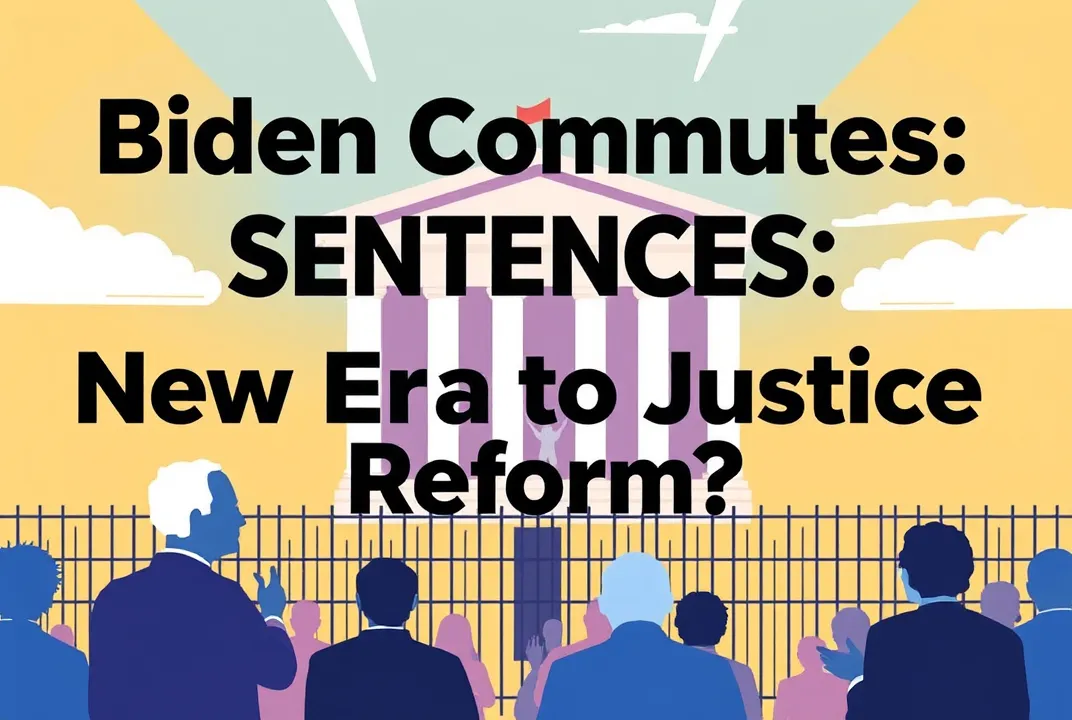Unpacking Jay-Z’s Legacy: Impact on Music and Culture Today
Jay-Z, born Shawn Corey Carter on December 4, 1969, in Brooklyn, New York, has transcended the boundaries of music to become a pivotal figure in contemporary culture. As a rapper, producer, entrepreneur, and activist, his influence reaches far beyond the realms of hip-hop, altering the landscape of popular music and societal perspectives. This article explores the myriad ways in which Jay-Z's career has impacted music and culture today, shedding light on his contributions as an artist, entrepreneur, and social commentator.
The Evolution of a Music Icon
Jay-Z's journey began in the late 1980s, a time when hip-hop was burgeoning but still largely marginalized. His debut album, Reasonable Doubt (1996), not only showcased his lyrical prowess but also established him as a formidable storyteller, depicting the struggles and aspirations of urban life. The album received critical acclaim and set the stage for his subsequent work, which would redefine hip-hop's mainstream appeal.
Over the ensuing decades, Jay-Z released numerous albums, including The Blueprint (2001) and The Black Album (2003), which are often heralded as classics in the genre. His innovative approach to music, blending various styles and collaborating with a diverse array of artists, helped elevate hip-hop into a dominant force in the global music industry. Songs like "Empire State of Mind" and "Numb/Encore," in collaboration with Linkin Park, illustrate his ability to bridge different musical worlds, thus broadening hip-hop's reach.
Moreover, his prolific catalog not only boasts his evolution as an artist but also mirrors societal changes. Tracks like "99 Problems" showcase his commentary on race, law enforcement, and social injustice, while "Marcy Me" addresses systemic racism and police brutality—issues that resonate with listeners today more than ever.
Pioneering Entrepreneurship
Jay-Z's impact extends beyond music into the realm of business. In an industry often fraught with exploitation, he has redefined what it means to be an artist in the modern age. By founding Roc-A-Fella Records in 1995 and later Roc Nation in 2008, he created a template for artists to retain ownership of their work and maximize their revenue streams.
His ventures include the premium liquor brand Armand de Brignac, the music streaming service Tidal, and a range of other businesses that emphasize empowerment through ownership. Jay-Z's success in these enterprises has inspired countless artists to explore entrepreneurial routes, encouraging them to be more than just performers and to take control of their artistic and financial destinies.
Advocacy for Social Justice
Jay-Z's musical talents are matched by his commitment to social justice and community activism. He has used his platform to address issues such as racial inequality, police brutality, and criminal justice reform. His 2017 song "The Story of O.J." serves as a powerful commentary on the African American experience, shedding light on systemic racism and the struggles faced by Black individuals in America.
In 2019, he launched the Reform Alliance, aiming to transform the criminal justice system in the U.S. by focusing on issues like mass incarceration and the excessive use of bail. This initiative has echoed throughout various communities, bringing attention to the need for reform and advocating for the rights of marginalized populations.
Additionally, Jay-Z's philanthropy work through organizations like the Shawn Carter Foundation highlights his dedication to education and economic empowerment for disadvantaged youth. He has continually stressed the importance of providing opportunities for the next generation, proving that his influence as a role model stretches far beyond music.
Cultural Influence and Representation
Jay-Z's significance in today’s culture is also marked by his role in shaping the narrative of Black identity in America. His rise from the Marcy Projects to becoming a billionaire symbolizes resilience and the possibilities of the American Dream. He has become a source of pride within the Black community and beyond, representing the complexities of navigating an industry traditionally dominated by white executives.
Moreover, Jay-Z’s fashion collaborations and appearances have helped shape trends within hip-hop and mainstream culture. His partnership with brands like Reebok and his ownership stake in the Brooklyn Nets reflect a savvy understanding of branding and cultural capital. He has consistently interwoven his artistic contributions with fashion, making statements that challenge stereotypes associated with hip-hop artists.
Collaborations and Influence on the Next Generation
Jay-Z's collaborations with younger artists have also played a crucial role in ensuring the longevity of his influence in the music industry. By mentoring and working alongside contemporary artists like J. Cole, Rihanna, and Kendrick Lamar, he has created a lineage that continues his legacy while allowing new voices to emerge in the rap scene.
His willingness to adapt—by embracing changes in sound and technology—simultaneously demonstrates his foresight and relevance. Whether it's producing albums, guest verses, or innovative campaigns, Jay-Z remains attuned to the evolving music landscape, effectively acting as a bridge between generations of artists.
Conclusion
With a career that spans over three decades, Shawn Carter’s multifaceted contributions to the music industry and broader society epitomize the transformative power of artistry. His ability to address complex social issues, pave the way for entrepreneurship, and influence the fashion world underscores his lasting impact on culture today. As both a musician and a mogul, Jay-Z has not only redefined what it means to be a hip-hop artist but has also inspired future generations to challenge norms and harness their potential. His legacy is one of resilience, creativity, and an unwavering commitment to uplift those around him, marking him as one of the most significant figures in American history.
In a world increasingly driven by social consciousness and activism, Jay-Z stands as a beacon, reminding us of the profound potential of art to effect change and foster dialogue. His narrative continues to unfold, inviting us to witness how his legacy will shape the future of music and culture for years to come.


 Biden Commutes Sentences: A New Era of Justice Reform?
Biden Commutes Sentences: A New Era of Justice Reform?
 Reliving the Adventure: Why 'Crocodile Dundee' Still Captivates Audiences Today
Reliving the Adventure: Why 'Crocodile Dundee' Still Captivates Audiences Today
 LeBron James: The Unstoppable Force Redefining Basketball Greatness in 2023
LeBron James: The Unstoppable Force Redefining Basketball Greatness in 2023
 Honoring Resilience: Stories Behind the Victims of the New Orleans Attack
Honoring Resilience: Stories Behind the Victims of the New Orleans Attack
 Top 10 Beatles Songs That Shaped Music History Forever
Top 10 Beatles Songs That Shaped Music History Forever